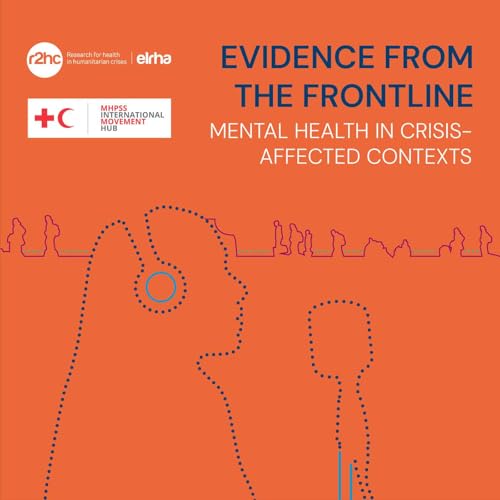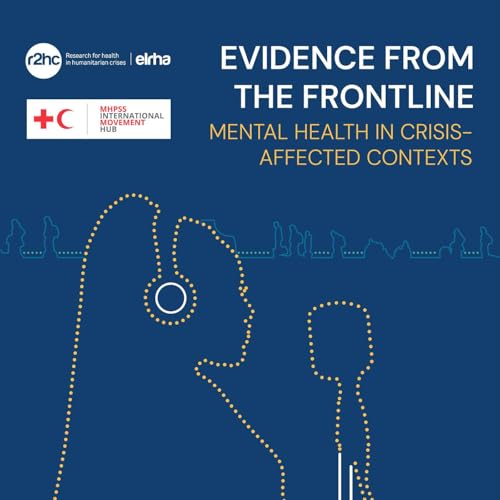Evidence from the Frontline: Mental Health in Crisis Affected Contexts, episode 5: EASE
“What matters to young people? Climate, jobs, and mental health.”
Early Adolescent Skills for Emotions (EASE) is an evidence-based group intervention that helps 10–15-year-olds in adversity-affected communities manage stress, anxiety, and depression through skills training. It includes seven sessions for adolescents and three for caregivers, using adapted Cognitive Behavioral Therapy (CBT) techniques delivered by trained non-specialist helpers.
In this fifth episode, Sarah Harrison, Director of the Red Cross Red Crescent Movement MHPSS Hub, speaks with Professor Mark Jordans (researcher at King’s College London and Director of Research and Development at War Child), and Dr Zeinab Hijazi (Global Lead on Mental Health at UNICEF), to hear more about EASE.
We learn that, while not a ‘magic wand’, EASE has shown significant results and could help fill a gap in mental health support for young people in crisis-affected and low-resource settings. Mark, Sarah, and Zeinab discuss the rigorous training, competencies, and supervision needed for non-specialist providers, and the journey to develop, test and adapt EASE for implementation worldwide, including scale-up in Ukraine. They discuss future research opportunities, such as youth-led research or strengthening and simplifying the intervention. We learn that EASE should be integrated into a broader system of care, informed by national policy frameworks and practice standards.
Key resources for practitioners
Early Adolescent Skills for Emotions (EASE) – manual and practice materials in multiple languages published by the World Health Organisation
UNICEF Adolescent Mental Health Hub- resources for frontline workers, adolescents, and caregivers
Reach Now- a tool developed by War Child, for use by community members without a professional mental health background, to improve identification of mental health problems in young people and promote care seeking.
Read more about the research:
Mark J.D. Jordans et al. Evaluation of the Early Adolescent Skills for Emotions (EASE) intervention in Lebanon: A randomized controlled trial. Comprehensive Psychiatry, Volume 127 (2023).
Bryant RA et al. (2022) Effectiveness of a brief group behavioural intervention on psychological distress in young adolescent Syrian refugees: A randomised controlled trial. PLoS Med 19(8): e1004046.
Brown, F. et al. The Cultural and Contextual Adaptation Process of an Intervention to Reduce Psychological Distress in Young Adolescents Living in Lebanon. Front. Psychiatry, 23 March 2020, Sec. Public Mental Health, Volume 11 - 2020
Hamdani, Syed Usman et al. (2024) Effectiveness of a group psychological intervention to reduce psychosocial distress in adolescents in Pakistan: a single-blind, cluster randomised controlled trial. The Lancet Child & Adolescent Health, Volume 8, Issue 8, 559 – 570.
Evidence from the Frontline: Mental Health in Crisis-Affected Contexts is a six-episode mini-series produced in collaboration between the MHPSS Hub and Elrha, designed for practitioners working in humanitarian and crisis contexts, the series highlights impactful interventions and practical insights from experts in the field.
 Jan 19 202638 m
Jan 19 202638 m Jan 8 202635 m
Jan 8 202635 m Dec 17 202544 m
Dec 17 202544 m 45 m
45 m Nov 20 202533 m
Nov 20 202533 m 43 m
43 m Sep 23 202545 m
Sep 23 202545 m

